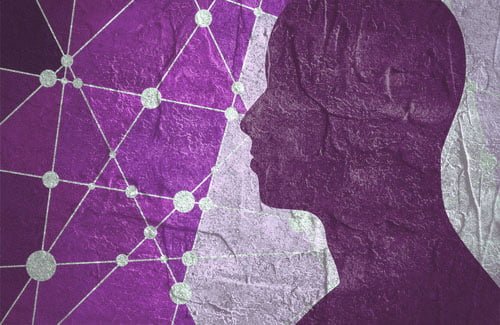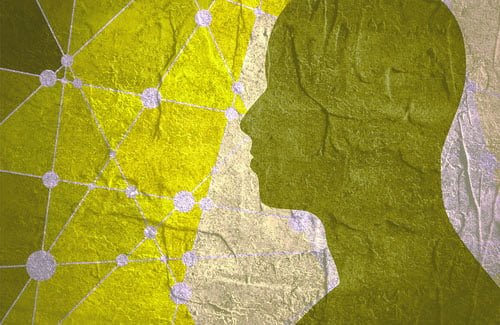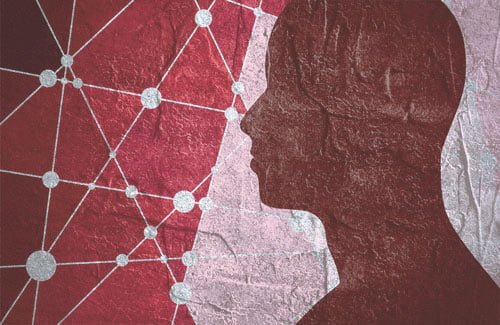Types of Providers: Mental Health
Click on the block to learn about each type of mental health provider.

Therapist or Professional Counselor

Psychologist

Psychiatrist
Therapists and counselors are licensed professionals who are trained to give guidance on personal, social, or psychological challenges. While they do not prescribe medication to individuals, they are trained to help people cope with mental health issues and change behavior patterns that may be preventing someone from living their healthiest life. Therapists can be Licensed Clinical Social Workers (LCSW’s), Licensed Professional Counselors (LPC’s), or Licensed Marriage and Family Therapists (LMFT’s). If needed, a therapist can refer someone to a psychiatrist or other mental health professional if additional treatment or medication is required. Licensed therapists are able to diagnose depending on their local setting and clinical licensure.
A psychologist is a licensed professional with a doctoral degree that helps people learn to cope more effectively with life issues and mental health problems. Psychologists may also conduct tests such as those for intellectual skills, personality characteristics, or psychological functioning. They also evaluate these tests and are able to offer diagnoses to individuals. Psychologists are not able to prescribe medication in most states.
A psychiatrist is a medical doctor who specializes in treating mental health disorders, and is qualified to address the mental and physical aspects of psychological problems. Psychiatrists are licensed to prescribe medication for mental health disorders such as anxiety, depression, bipolar disorder, or ADHD to name a few. People typically seek help from a psychiatrist to identify a mental health disorder and help manage their condition through close monitoring of medication.

Medical Doctor

Psychiatric Nurse Practitioner

Pastoral Counselor
A medical doctor is a licensed professional who typically treats physical illness and injury. However, in addition to the professionals mentioned above, your local physician may also be trained in assessing physical issues that could influence your mental health. It is not uncommon for medical doctors to prescribe medication for mental health concerns such as depression or anxiety. Medical doctors may also work with or refer to psychiatrists or therapists to address an overall mental health treatment plan. In many cases, a local medical doctor is a good starting point in addressing mental health issues.
Psychiatric nurse practitioners typically formulate healthcare plans, treat individuals with mental health concerns, and evaluate progress of their patients. Depending on the setting, psychiatric nurse practitioners may also offer outpatient counseling services, perform mental health and physical health assessments, prescribe medication, make referrals to other organizations, and educate individuals on health-related topics. Typically, a nurse practitioner works in conjunction with a psychiatrist or other medical doctor.
Pastoral counselors are trained to assist individuals who are looking for guidance or personal development, and typically incorporate theological concepts into counseling sessions. Pastoral counselors could be helpful for those who wish to have spiritual beliefs as part of their recovery from a mental illness or substance use concern. Pastoral counselors may include ministers, rabbis, priests, and other such spiritual leaders who have undergone additional training in mental health and/or counseling practices.
To find more descriptions on mental health providers, please visit Mental Health America’s website at http://www.mentalhealthamerica.net/types-mental-health-professionals.

